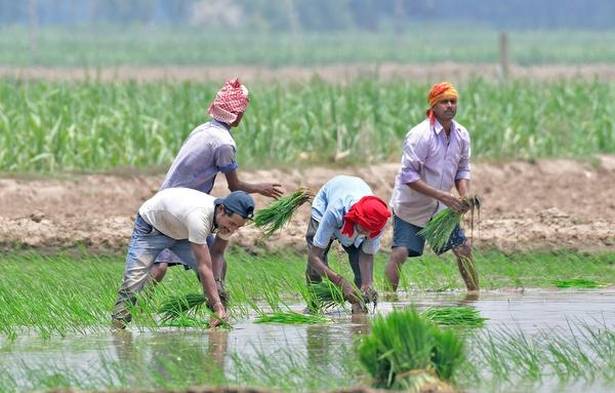
The #FarmBill2020 does not omit MSP but would transform the agricultural sector. It would also raise the farmers’ income, will make the farmer independent of government-controlled markets and fetch them a better price for their produce. The bills will also formulate a framework on the agreements that will enable the farmers to engage with agri-business companies, retailers, exporters for service and sale of produce while giving them access to modern technology. Facts explained:
Question 1. If MSP will stay why Government has not mentioned it in the bill?
Answer: Because MSP has always been an administrative mechanism and NOT legislative, this allows flexibility to increase it as and when needed.
Question 2. How will MSP be ensured in private transactions?
Answer: Private trade will be ABOVE the rate of MSP. That is the whole point. The farmer will go to private people when they get rates MORE than MSP.
Question 3. Has Modi govt weakened the MSP.?
Answer: Let the numbers speak. UPA in 2009-14 purchased 1.52 LMT pulses as MSP. NDA in 2014-19 purchased 76.85 LMT at MSP. For oilseeds, numbers are 3.65 and 30.17 LMT respectively.
Question 4. Will Farmer be trapped by the contract?
Answer: Even after signing the contract, the farmer can withdraw anytime, without penalties, if no advance is taken. If the advance is taken, return (no interest charged) then withdraw.
Question 5. Why has the opposition been vociferous?
Answer: Because the middlemen will cut out. Example: MSP payment for the entire country is on DBT mode except for Punjab under Congress where they still use Arhatiyas middlemen!
Question 6. How will the farmers deal with private industry?
Answer: There will not be just one but thousands of private players to choose from. Competition by very nature kills monopoly of buyers(as exists now).
Question 7. Will farmers be able to protect their land?
Answer: Sale, lease or mortgage of farmers land is prohibited. There will be just a farming contract for specified products and specified time as per farmers choice.
Question 8. How will the bills help?
Answer: Investment, technology, economies of scale, modern equipment, better seeds, more crops, in-between-season crops, improved yields, better logistics and free access to markets.
Question 9. What are the Collateral benefits from the bill?
Answer: Farmer income (50% of India’s workforce), thus rural income will significantly rise. This will boost demand for all kinds of goods and services which will, in turn, drive overall GDP growth.
Question 10. How significant are these reforms?
Answer: Some say what 1991 did for industries, #FarmBill2020 will do for agriculture. Some say it is even more significant – 1947 moment for farmers. Every sector proves that when restrictions are removed, Indians flourish. Now is the turn of farmers.
Via Twitter: @amishra77














Comments